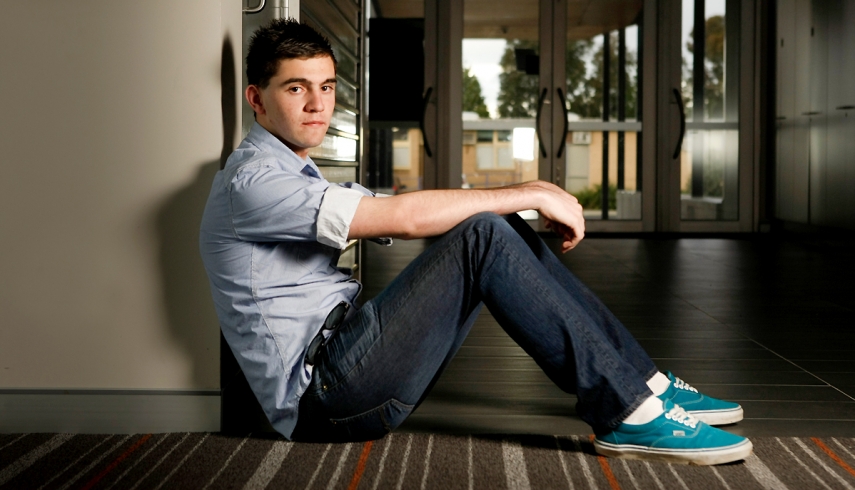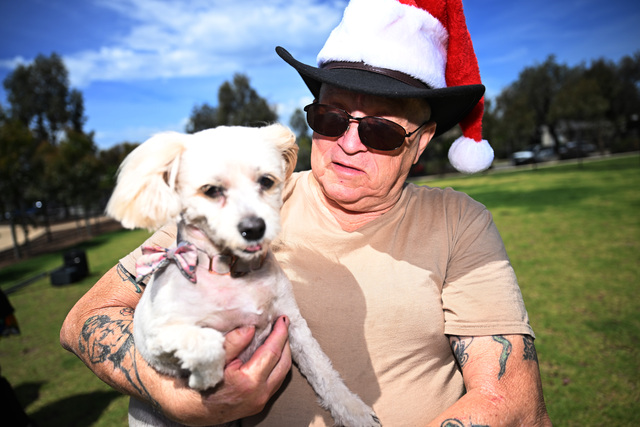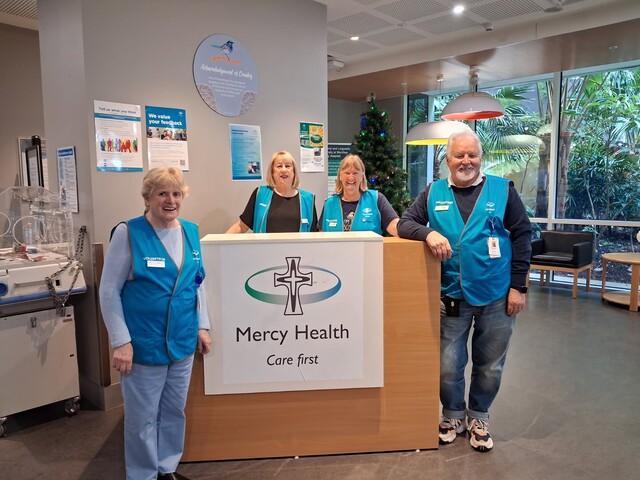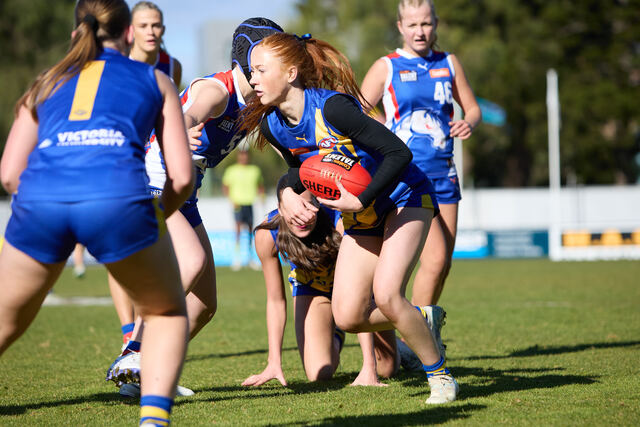Young or old, male or female, mental illness can affect anyone.
ADDISON Barbera has gone over it a thousand times. But he can’t figure out what triggered his depression.
In 2011, the 17-year-old of Craigieburn finally told his mum about ‘feeling down’ after keeping it to himself for almost a year.
Suicidal thoughts were coming and going, which as enough to scare him into getting help.
‘‘It just came along,’’ he says of the depression. ‘‘I kind of pushed through it. I think things were getting tough at school and so I started feeling down, then it got worse.
‘‘I thought I could do it by myself. When it got a lot worse it was kind of scaring me so that’s when I decided to tell Mum.’’
Addison’s depression lead him to feel lethargic and worn out before escalating to suicidal thoughts.
About a month before Addison told his mum about his depression, he had told his friends and family that he was gay.
He reckons ‘coming out’ may have triggered his depression because he was still trying to accept himself.
‘‘I was trying to find acceptance in others to accept myself,’’ he says.
‘‘That’s not necessarily a good thing to do. I probably should have accepted myself first and then told people I was gay. I think I was putting a negative vibe around myself.’’
After coming clean about his depression, the next step was to find someone he could trust and talk to.
‘‘Mum suggested I see a counsellor, which I’d already started thinking about,’’ says Addison.
‘‘I’d thought about trying to see one without telling Mum, without having to put Mum through that kind of thing. Then I told her and she suggested the same thing.’’
Although Addison decided counselling wasn’t for him, he’s made a pact with his mother to always keep an open dialogue.
Cooking, walking, painting and thinking about the future are all things that have helped him get on with life.
He holds aspirations of finishing school and achieving his long-term goal of becoming a pilot.
‘‘Today I’m going pretty good. I don’t know if it’s because of all the support or medication; I just don’t know,’’ he says.
‘‘I’ve been lucky with family and friends. I haven’t really had much negative feedback since I came out.
‘‘I know a few people who aren’t living at home. Their parents have kicked them out because they are gay. So I’m lucky.’’
In 2010, 24 per cent of all deaths among young men aged 15-24 were due to suicide.
The highest age-specific suicide rate for males in 2010 was observed in the 40-44 age group (27.7 per 100,000).
Among women, suicide accounted for a higher proportion of total deaths in younger age groups than in older age groups.
The problem is real and one Margaret Morrison, of Melton, knows all too well.
She had kept her mental health problem to herself for a long time before seeking help, going through periods of suicidal thoughts.
The 62-year-old waited 20 years before seeking help for a bi-polar disorder.
When she was in her 30s she knew something wasn’t right and as she approached her 40s she started to experience massively low moods.
‘‘I never knew what it was,’’ she recalls.
‘‘I don’t have the great big highs, but I’d have the great big lows. I didn’t want to get out of bed. I just didn’t know what was wrong.’’
Two years ago, when Margaret’s ‘low moods’ caused her to take an overdose of drugs, she knew she needed help.
She completed a 28-day stay at a Prevention and Recovery Care Service (PARCS) in Melbourne.
Margaret says the education she was given relating to her mood disorder gave her a deeper understanding and, in turn, some sense of stability.
‘‘I got into PARCS and the education that you get there and the tools they give you to work with have helped me so much,’’ she says.
‘‘Each day when you’re down you go through your little folder. Some days are really bad and some days I think I’ve got to fight through it.
‘‘Without help you are never going to improve; you’ve got to have education.’’
Now Margaret is paying it forward, helping others who have a mental illness.
She spends a few days a week volunteering at PARCS in Caroline Springs.
‘‘I think about how long I went without help and I feel so good that I’m on a program that’s helping me.
“Now I feel I can help others,’’ she says.
‘‘I run the gardening group. I go there and talk to the clients and take them for coffee.
Sometimes they just want to talk about different things … they ask, ‘How do you cope when you leave here?’ and I tell them to make sure they use their [coping] ‘tools’.”
Like Margaret, Catherine Newman is getting back on track after being diagnosed with mental illness five years ago.
The signs began when she would ‘‘freak out’’ in small spaces.
Suddenly her personal space became paramount to her.
After going through an abusive relationship, the 23-year-old from Hoppers Crossing developed depression and borderline personality disorder.
Catherine is convinced her mental illness is genetic.
‘‘I think the reason I was diagnosed with it is that I have a family history of it,” she says
“Whether I experienced abuse or not, I probably would have got depression anyway.
‘‘My mum died when I was four; she was an alcoholic, I couldn’t really tell you much about her, but she had depression and my dad has depression.
‘‘Since the abusive relationship I’ve been dealing with trust issues and I’m just trying to get to know people and get back to the person I used to be.’’
Since being diagnosed, Catherine has received plenty of professional help to get her back to where she wants to be.
‘‘It would be nice to be who I was before, because I was so happy,’’ she says.
‘‘With the borderline personality disorder, I get annoyed by small things.
‘‘One of my goals is not to stress, and it’s working for me now.’’
MENTAL HEALTH WEEK
October 7-13 is Mental Health Week, which coincides with World Mental Health Day on October 10. For more information, visit mentalhealthvic.org.au
FINDING HELP
Headspace Western Melbourne: 9091 8222, headspace.org.au
Lifeline: 13 11 14, lifeline.org.au
beyondblue Info line: 1300 224 636
Mensline Australia: 1300 789 978
Orygen Youth Health: 9342 2800
Norwood mental health service: 9365 9500
Mental Illness Fellowship of Victoria Helpline: 8486 4222







